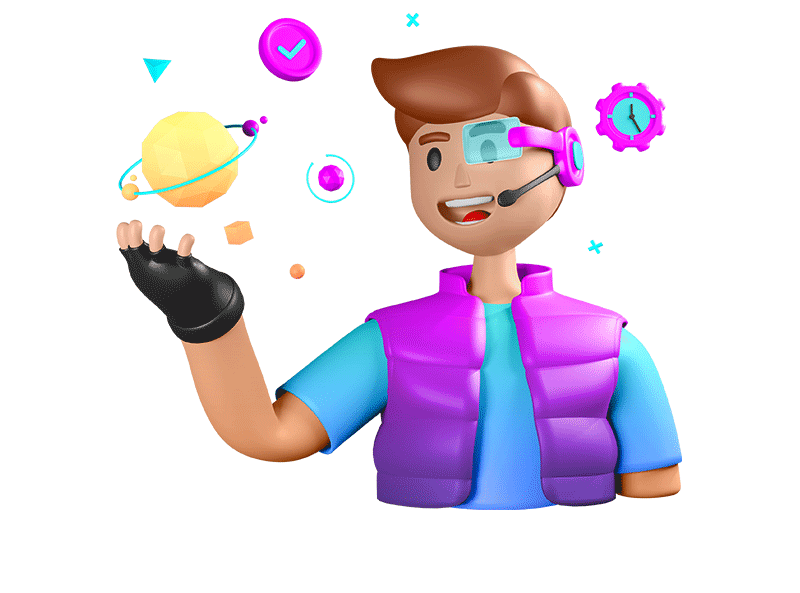Large datasets are necessary for next-generation technologies like the metaverse to operate efficiently. Such data can mimic actual conditions and is not as prone to errors as actual data. A 3D model has to be trained using a lot of face and body data, including accurate 3D annotation. The metaverse can be powered by huge quantities of diverse and flawlessly tagged data provided via synthetic data technologies. Companies may create adaptable data using synthetic data that can help projects operate more smoothly. By giving developers more freedom, they can work more effectively and concentrate on projects that will generate income. Future virtual reality settings will require photorealistic avatars that can capture actual individuals in their positions and depict them accurately. A challenging computer vision challenge is the identification of things. Behzadi claims that the sector is currently training hand-tracking algorithms with current data. It is physically impossible to annotate 2D and 3D photos at a pixel-perfect size.
Read more from Venturebeat.com


